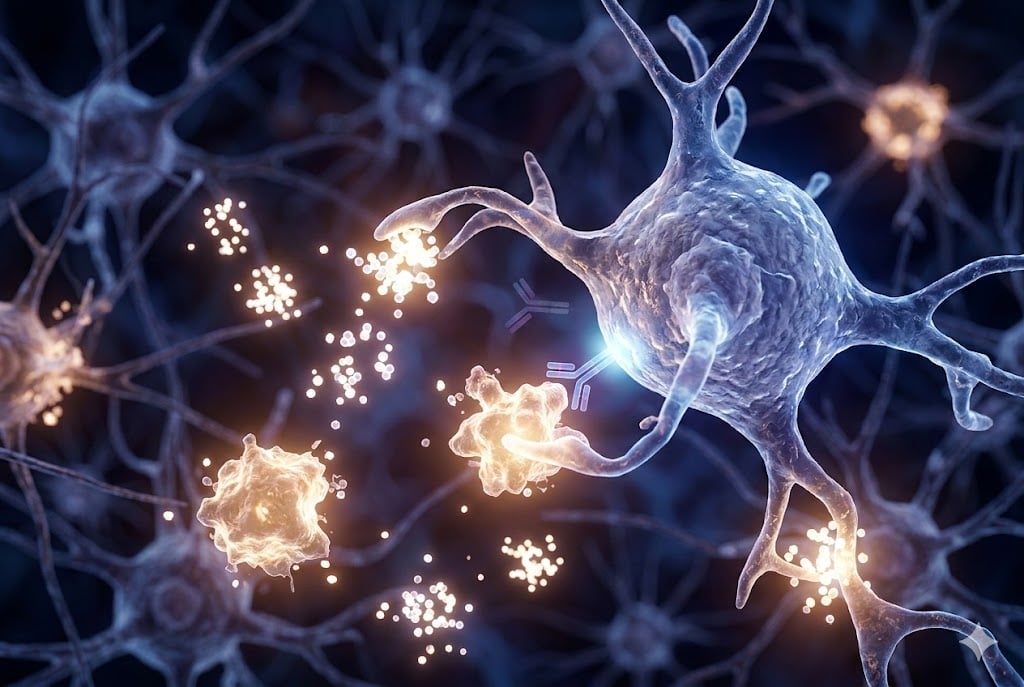
Jobs That Lower Alzheimer’s Risk
Considering how often we hear about job risks, it’s encouraging to hear about ones that may actually protect you from Alzheimer’s!

Considering how often we hear about job risks, it’s encouraging to hear about ones that may actually protect you from Alzheimer’s!

University of Oxford research revealed groundbreaking findings that could reshape dementia prevention. Ozempic (AKA Semaglutide/Wegovy), a type-2 diabetes and weight-loss drug, seems to significantly reduce the risk of dementia.

A drug for Alzheimer’s, called Leqembi, might soon be given less often. Right now, patients get it through a drip every two weeks. The idea is to change this to once a month.

While Resveratrol supplements decrease brain swelling, they increase brain shrinkage. Is the trade-off worthwhile?

Bezisterim can manage inflammation and enhance energy transfer (insulin sensitivity) in the brain. Learn how it is in trials to improve memory and thinking in Alzheimer’s.

The newest and most promising drug to fight Alzheimer’s is Leqembi. Carolyn Davis is giving it a try. Learn about the promise, the risks and how it has restored her hope,

Scheduled to begin on May 9, 2024, six new monthly sessions are now available in this free Continuing Education Program.

Removing ovaries with a hysterectomy might increase risk of heart disease, stroke and dementia.

The Therapeutic Gardens project in Italy has been studied, certified and recognized for excellence. Dementia patients improve memory, cognitive functions, language, mood and above all, they need less medication.

Researchers find optimistic people contribute to the health of their partners, staving off risk factors leading to Alzheimer’s disease, other dementias and cognitive decline as they grow old together.

Bringing art and creativity into elder care settings helps families reconnect with loved ones who have dementia. In this moving talk, Anne Bastings shares how.

When a hurricane hits Florida — or anywhere that has a very large population of people with dementia, there are special preparations that should be made by those living with dementia. Check these dementia-in-a-storm readiness lists.

Researchers find optimistic people contribute to the health of their partners, staving off risk factors leading to Alzheimer’s disease, other dementias and cognitive decline as they grow old together.

Bringing art and creativity into elder care settings helps families reconnect with loved ones who have dementia. In this moving talk, Anne Bastings shares how.

When a hurricane hits Florida — or anywhere that has a very large population of people with dementia, there are special preparations that should be made by those living with dementia. Check these dementia-in-a-storm readiness lists.

In gardening, people with Alzheimer’s grow fresh plants along with better thinking. It’s a pleasant way to make things easier.
No spam, only news and updates.


